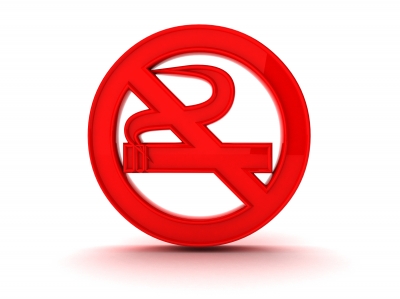“Enablers are some of the nicest people on the planet.” -Dave Ramsey
Dave Ramsey is right. Enablers are some of the nicest people on the planet. In general enablers mean well. They are trying so hard to help someone break a bad habit. Unfortunately their methods of trying to help do not help. Worse yet, they hinder.
An enabler (also called codependent) is someone who accidentally supports a bad habit. An example of enabling behavior would be if your thirty year old child still lives at home and you don’t charge them rent. While there are situations where this is helpful to them, in most cases you are hurting your child. Generally it is better if you force your child to leave and rent their own place. Though this will cost them more money, they will have the dignity of having their own space. This also causes them to be more responsible with their money in general because there is nobody to bail them out if their bills aren’t paid. They also will work harder at their job, or go find one if they haven’t been working.
How does enabling apply to drug addiction? One parent recently told me they will continue allowing their drug abusing teenager access to a joint bank account because otherwise, “he might get the money for drugs doing bad things.”
I said to the dad, “Or, he might have no money with which to buy drugs and then will stop buying them.”
Enablers take responsibility for their addicts woes even though the addict is more likely to quit using if they would just feel the pain of their choices. That cliche that an addict has to hit bottom before they will quit is based on truth. Don’t prolong when your teenage addict hits bottom.
So, here are 10 tips to stop enabling:
1. Do not give them any money for anything at all. This includes money for gas in their car, money for food, etc.
2. Always call the police if you find drugs in your house, irregardless of the trouble they will be in. They are better off in trouble than deeply addicted to drugs, or dead.
3. Do not bail your drug abusing teen out of jail or trouble at school. If they know mom or dad will save them, then they won’t hesitate to continue misbehaving.
4. Stop paying for any extras, such as a cell phone. They use the cell phone to coordinate drug transactions. You don’t want to be helping them obtain drugs.
5. Do not allow them in your home if they are high. Sometimes you can’t tell. However, when you suspect it, you are probably right.
6. If you’ve said there will be consequences for a failed drug test, enforce them unemotionally and consistently.
7. Do not pay for a lawyer if they are arrested.
8. Do not allow them privacy in their own bedroom. The door needs to stay open and you can search the room at your will. Afterall, it is a room in YOUR home. As a rule, addicts are not trustworthy while they are using.
9. Do not allow their friends over who use drugs.
10. Do not make excuses for your child’s behavior such as calling into their work for them, or calling them out of school. You might think, ‘If I don’t call them off school, then they won’t graduate.’ A high school diploma is worthless if someone is abusing drugs. Sobriety and consequences are substantially more important. A GED can always be obtained later.
Remember you’re not helping your kid if you make it so your teen doesn’t experience the consequences of their actions. Also, it is better to get into trouble as a minor than an adult. There is more grace for minors. I know it is breaking your heart and I completely understand that. I want nothing more than for you to learn how you can most quickly help your teen get healthy, and often that means you need to stop saving them when they aren’t helping themselves.
Helping teens grow and families improve connection,
Lauren Goodman, MS, MFT




